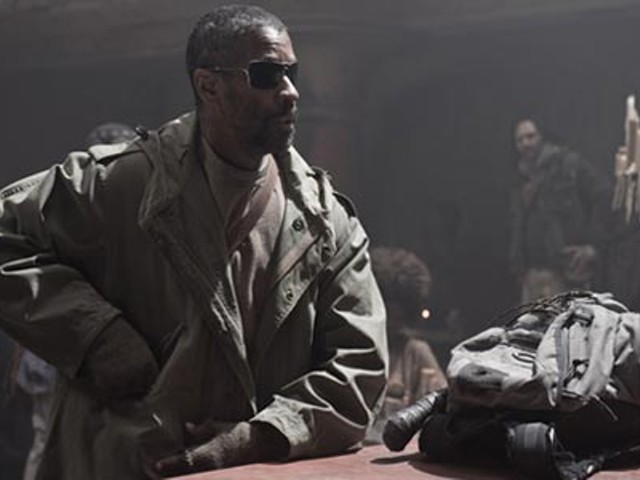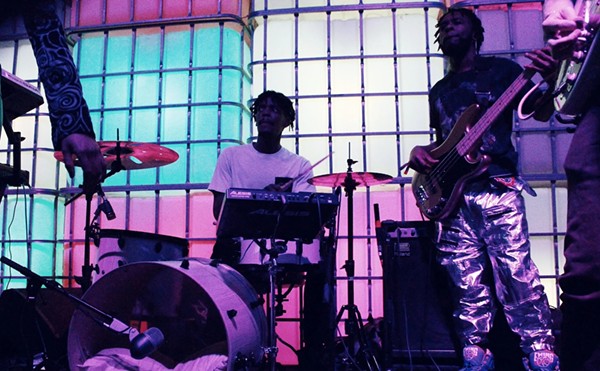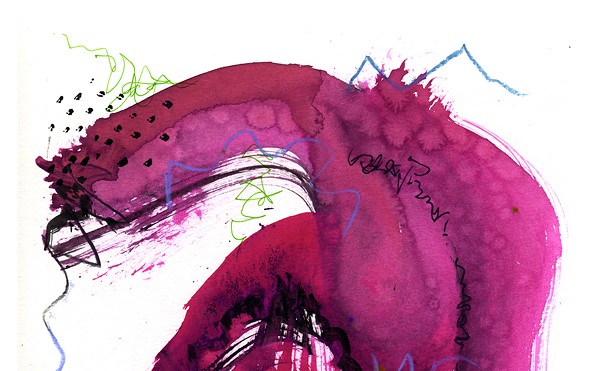Prior to the premiere of Giuseppe Verdi’s “Messa da Requiem,” prominent conductor and critic Hans von Bülow obtained an advance copy of the musical score. Bülow looked the thing over and tossed it aside, dismissing “Requiem” as “Verdi’s latest opera, though in ecclesiastical robes.”
According to Chicago Symphony historian Phillip Huscher, the caustic critic then not only skipped the opening of “Requiem,” but also managed to ignore the thunderous acclaim the piece produced. In fact, 18 years passed before Bülow finally heard “Requiem” for the first time — and was so overwhelmed he was moved to tears. Bülow immediately wrote to Verdi to apologize and take back what he’d said. Verdi replied, “You may have had it right the first time.”
Audiences have the opportunity to judge for themselves whether the piece is more opera than religious music when the Louisville Orchestra performs the mighty “Requiem” Thursday and Friday in Whitney Hall.
“It is very theatrical,” concedes Jorge Mester, the orchestra’s musical director. “It’s not the kind of piece that you would think of as church music, really.”
The production features vocalists Kelley Nassief, soprano, Marietta Simpson, mezzo-soprano, Scott Ramsay, tenor, and Gustav Andreassen, bass. Kent Hatteberg is chorus master of a double chorus.
Verdi’s “Requiem” began as a tribute to Rossini, the great Italian operatic composer who died in 1868. Verdi suggested that he and other prominent Italian composers each contribute a movement for a requiem Mass to be celebrated in Bologna, Rossini’s hometown. The piece was penned but never performed because of squabbling among the composers and presenters. A few years later, when Italian novelist Alessandro Manzoni died, Verdi decided to forge a new requiem for Manzoni based on the movement he had first contributed to the Rossini memorial.
Verdi, of course, was king of Italian opera. And coming off a string of triumphs that included “Rigoletto,” “Il Trovatore,” “La Traviata” and then “Aida,” he was certainly the most popular composer in Europe. Thus, the premiere of a different kind of Verdi composition focused intense attention on “Requiem,” which was first presented at the Church of San Marco in Milan on May 22, 1874, followed by additional performances at La Scala opera house.
A big deal for everyone, except, of course, poor Hans von Bülow. (In Bülow’s defense, it should be noted that he generally got it right. He is still cited as an authority on 19th century music.) And, as Verdi noted, the “Requiem” may truly be opera in ecclesiastical robes.
The piece begins quietly and somberly, but soon reaches the figurative gates of eternity with booming bass drum beats that, one supposes, would scare the bejeebies out of a marginal believer. Musicologists note Verdi’s ffff ultima-fortissimo volume command for the drum beats.
“I don’t know if it is louder than anything else written,” says Mester, “but the bass drum is supposed to be the Call to Judgment. That’s something for our percussion section to find some drum that gives you that overwhelming apocalyptic sound.”
And then there’s the singing.
Historian Huscher notes that Verdi said he had read many facts in Manzoni’s obituaries, but nothing that spoke with emotion. The “Requiem” certainly delivers that.
“It is a kaleidoscope of Verdi being an operatic composer,” Mester explains. “He is very good at underlining the meaning of words. So the music is co-dependent with the words. There is high drama in this piece.”
Louisville Orchestra's Verdi ‘Requiem’
Jan. 28-29
Whitney Hall, Kentucky Center
584-7777
louisvilleorchestra.org
$20-$75; 10:30 a.m. (Jan. 28), 8 p.m. (Jan. 29)






